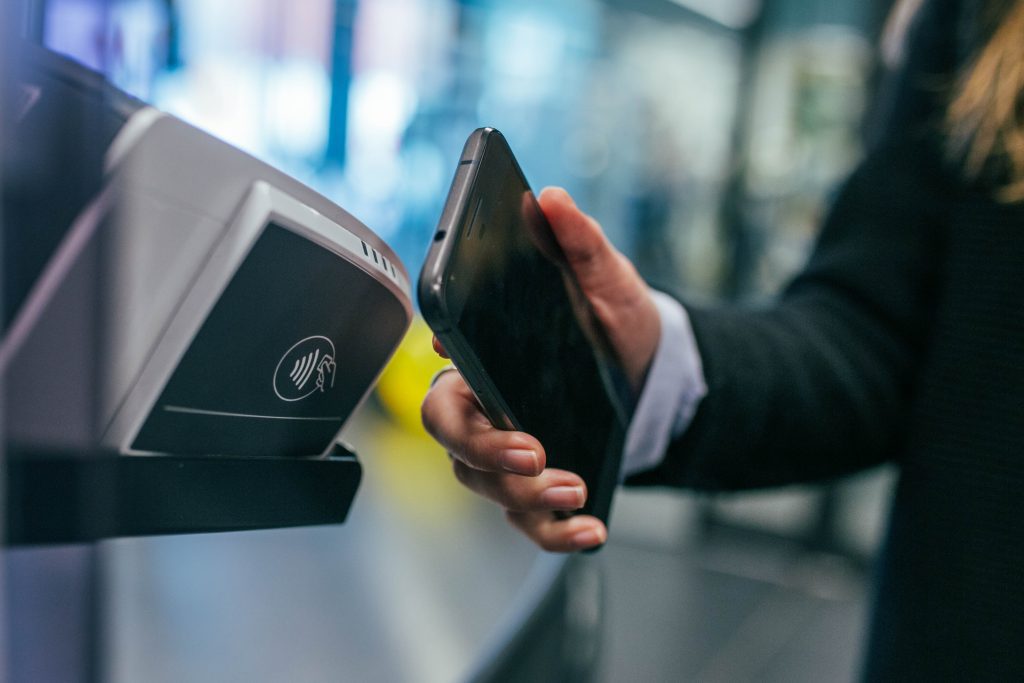The onset of the COVID-19 pandemic altered many customer behaviors, including a rapid shift towards cashless payments at the expense of paper. The market evolution is creating both opportunities and concerns related to the shift away from paper money. Jack M. Germain reports further in the E-Commerce times:
Many financial services are already in the marketplace preparing for what has been classified as a cashless society. Warnings mount that consumers must be better prepared with technology before the paradigm shift to cashless money progresses further.
From pre-pandemic 2020 to today, cashless businesses have more than doubled in the U.S., Australia, Canada, the U.K., and Japan.
Businesses are continuing to lead the charge, with consumers adapting to the technology provided by the merchants:
One thing is for certain, according to money and fintech experts. We are heading toward a cashless society. Infrastructure is developing to fully support new payment standards.
“When these systems are truly ready, they will not need to be learned or understood. They will just be how everything gets done,” Lee Hansen, CEO at fintech provider Byte Federal, told the E-Commerce Times.
Challenges to traditional processes still must be addressed. Primary among those challenges is the lack of standardization in point-of-sale hardware:
One of the major obstacles to more adoption of cashless payments is solving the very fragmented ecosystem, said Cohen. This is especially the case in the United States with lots of different points of sale systems. He expects a long period of dealing with different point of sales systems before the retail industry succeeds in standardizing the process.
Part of the solution for solving the ecosystem issue is businesses partnering with technology providers. That is critical, Cohen noted. Investing in technology with technology partners will future-proof a business’s point of sale machinery.
A key in the process is that these changes are generally offered at no cost to the consumer, leading to an easier transition for the payer, once infrastructure challenges are overcome. Mercator’s recent primary research into the payment behaviors in Canada echoes this point, with 40% of Canadians indicating lower use of cash directly related to the pandemic and more than a third of respondents ages of 18-54 using a mobile wallet at least four times per month.
Overview by Jordan Hirschfield, Director of Research at Mercator Advisory Group
